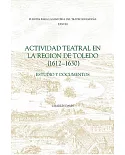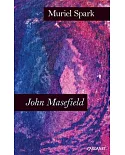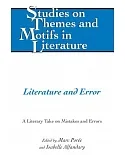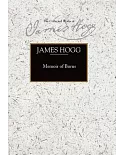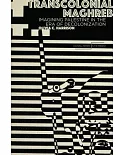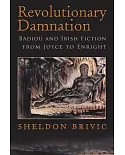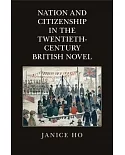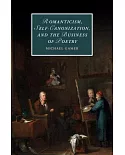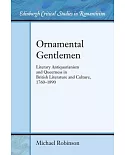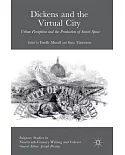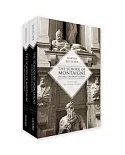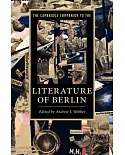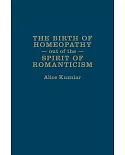Exploring works by Walter Scott, Harriet Martineau, Charlotte Bront禱, Charles Dickens, and their lesser-known contemporaries, Romances of Free Trade historicizes globalization as it
traces the perception of dissolving borders and declining national sovereignty back into the nineteenth century.
The book offers a new account of the cultural work of romance in nineteenth-century Britain. �elikkol argues that novelists and playwrights employed this genre to represent a radically new
historical formation: the emergence of a globalized free-market economy. In previous centuries, the British state had pursued an economic policy that chose domestic goods over foreign ones.
Through the first half of the nineteenth century, liberal economists maintained that commodity traffic across national borders should move outside the purview of the state, a position and
practice that began to take hold as the century progressed. Amid the transformation, Britons pondered the vertiginous effects of rapidly accelerating economic circulation. Would patriotic
attachment to the homeland dissolve along with the preference for domestic goods? How would the nation and the empire fare if commerce became uncontrollable? The literary genre of romance,
characterized by protagonists who drift in lawless spaces, played a meaningful role in addressing such pressing questions. From the figure of the smuggler to the episodic plot structure,
romance elements in fiction and drama narrated and made tangible the sprawling global markets and fluid capital that were reshaping the world.
In addition to clear-eyed close readings of nineteenth-century novels and plays, �elikkol draws on the era's major economic theorists, figures like Adam Smith and Thomas Malthus, to vividly
illustrate the manifold ways the romance genre engaged with these emerging financial changes.


